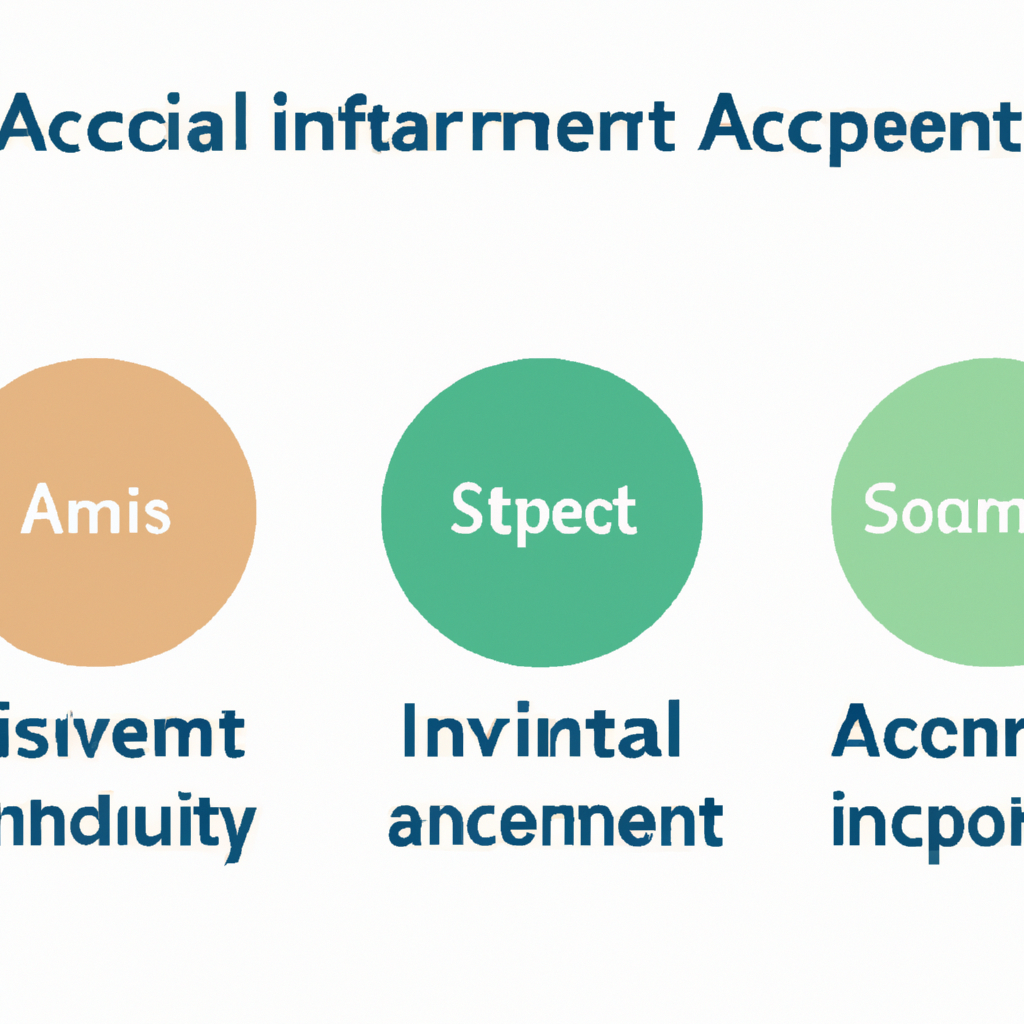
Comparing Investment Account Types: IRA, 401(k), and Taxable Brokerage Account
Comparison of Investment Account Types
Introduction
When it comes to investing, there are several types of accounts to choose from. Each account has its own set of rules, benefits, and restrictions. In this article, we will compare some of the most common investment account types to help you make an informed decision.
Individual Retirement Account (IRA)
An Individual Retirement Account (IRA) is a tax-advantaged account that allows individuals to save for retirement. There are two main types of IRAs: Traditional IRAs and Roth IRAs.
Traditional IRA
– Contributions are tax-deductible
– Earnings grow tax-deferred
– Withdrawals are taxed as ordinary income
– Required minimum distributions (RMDs) must start at age 72
Roth IRA
– Contributions are not tax-deductible
– Earnings grow tax-free
– Qualified withdrawals are tax-free
– No RMDs during the account owner’s lifetime
401(k) Plan
A 401(k) plan is a retirement savings account offered by employers. Employees can contribute a portion of their salary to the account, and employers may offer matching contributions.
Traditional 401(k)
– Contributions are tax-deferred
– Earnings grow tax-deferred
– Withdrawals are taxed as ordinary income
– RMDs must start at age 72
Roth 401(k)
– Contributions are made with after-tax dollars
– Earnings grow tax-free
– Qualified withdrawals are tax-free
– RMDs may apply, depending on the plan
Taxable Brokerage Account
A taxable brokerage account is a standard investment account that does not offer any tax advantages. Investors can buy and sell stocks, bonds, mutual funds, and other securities in this type of account.
Benefits
– No contribution limits
– No restrictions on withdrawals
– Flexibility to invest in a wide range of assets
Drawbacks
– Capital gains and dividends are subject to taxes
– No tax-deferred or tax-free growth
– No penalty-free withdrawals for retirement
Conclusion
Each investment account type has its own advantages and disadvantages. It’s important to consider your financial goals, risk tolerance, and tax situation when choosing the right account for your needs. Consulting with a financial advisor can also help you make an informed decision.

